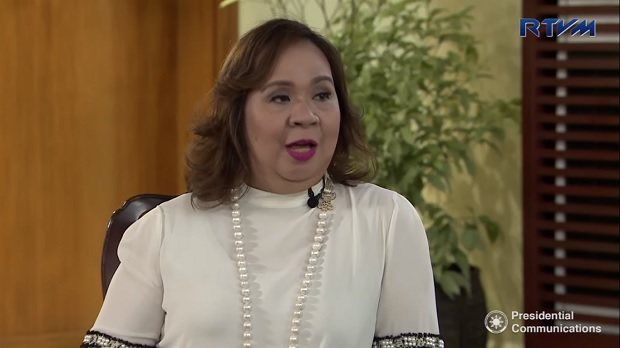The current year is just halfway done but the Department of Trade and Industry (DTI) said it has already received a record number of complaints related to online transactions.

During the online edition of “Tapatan sa Aristocrat” on Monday, July 13, DTI assistant secretary Ann Claire Cabochan said 10,323 online complaints were received by the agency in January to June of this year.
This is higher from DTI’s baseline year 2016, in which online-related complaints were at 512 for the full year, and also higher than the 2,457 complaints received in 2019.
Most of the complaints are related to deceptive sales, wherein the product represented by the seller is not the same quality or quantity when received by the buyer.
“We attribute this to two reasons. One is because of the migration to online platforms during the period of ECQ, and second, the heightened awareness of consumers to address redress,” Cabochan said.
Cabochan encouraged consumers to be more discerning when engaging in online transactions. She advised consumers to check if the online seller has a physical store or physical address to check the legitimacy of the business.
Aside from messaging through online platforms like social media, she said it is better to check the contact number and e-mail address of the seller. This information will be asked by the DTI if the consumer will file a complaint against the seller due to bogus transaction, Cabochan said.
However, if the physical address and contact details are not available, the DTI official said the complaint will be forwarded to the National Bureau of Investigation.
In the same virtual event, information and technology law expert JJ Disini said digital payment is on the upswing in the country as electronic payments are now encouraged rather than using cash to avoid transmission of the virus.
He said two China-based technology companies, Tencent and Alipay, have invested in the country’s two major e-payment platforms. Tencent, the developer of WeChat, has significant investment in PayMaya, while Jack Ma’s Alipay also invested in GCash, said Dinisi.
“We will see war [in e-payment market]. I’m sure with that. They like to win the market by getting 60 percent or more of the market. What they will do is they will lower the price as much as possible. If they need to subsidize, they will subsidize,” he said in Filipino.
He added additional fees for cash-in services are charged by the partner banks — but not by the e-payment platforms — because most of the local banks are not yet connected to other banks.
Consumer rights group Laban Konsyumer president Vic Dimagiba said his group has written a letter to the Bangko Sentral ng Pilipinas to stop the banks from collecting additional fees and charges for transactions that were previously available without cost.
To further strengthen consumer protection in this time of booming online transactions, Cabochan said the DTI supports the House Bill 6122, or the Internet Transaction Act.
She said the DTI backs requiring online sellers to register their business activities, adding that one of the recommendations of the agency is the creation of a new e-commerce office.
But for Dimagiba, a former DTI undersecretary for Consumer Protection Group, there is no need to create another office to oversee e-commerce.
“There are two offices in DTI now — Fair Trade Enforcement Bureau and e-Commerce Office. Merge them and grant DTI the additional powers under the bill. Then no need to create a new office,” Dimagiba said. — Kris Crismundo (PNA)




